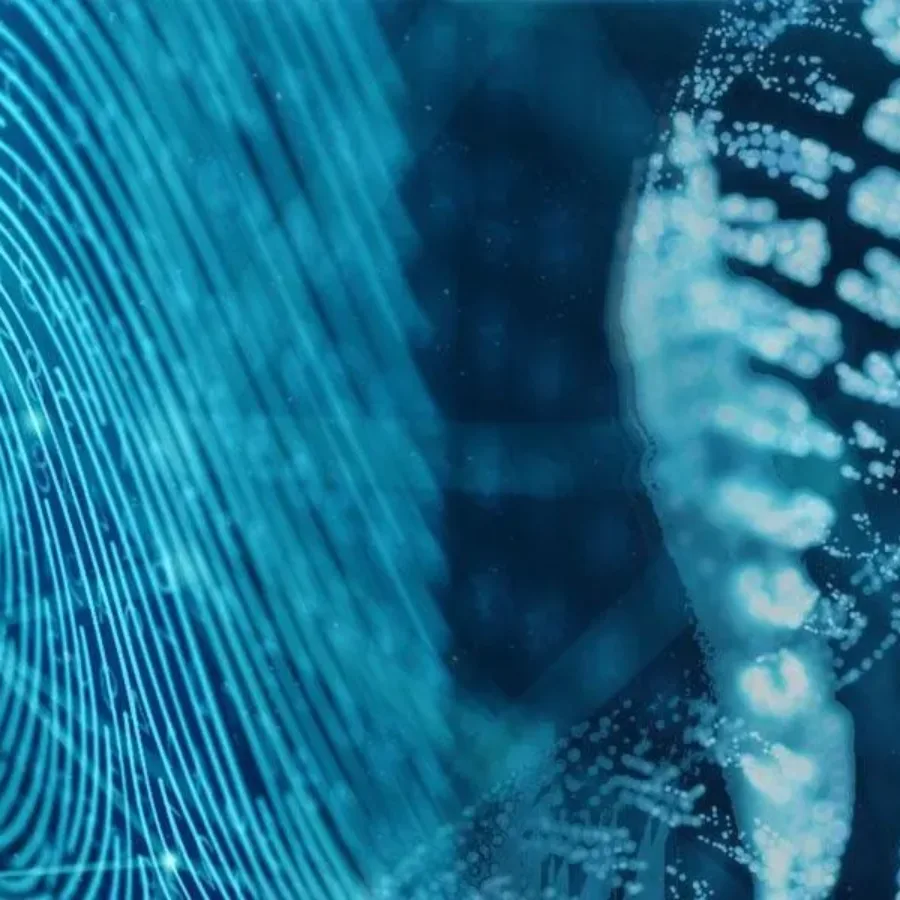 Blogs
Blogs
Pioneers of RNA Medicine: The Collaborative Journey of Katalin Karikó and Drew Weissman The entire world benefited from their research in 2020. Despite facing skepticism, their collaborative efforts led to groundbreaking discoveries in RNA biology and immunology. They jointly received the Nobel Prize in Physiology or Medicine in 2023.
 April 22
- April 24
April 22
- April 24
The European Immunogenicity Platform (EIP) is a central meeting place for scientists and biopharmaceutical companies in Europe. The goal of the EIP is to improve knowledge and expertise in immunogenicity. This is achieved through collaboration between scientists and industry experts. The EIP works with companies, institutes, and professionals involved in…
 April 1
- April 4
April 1
- April 4
The World Vaccine Congress, taking place April 1-4 in Washington D.C., is shaping up to be a landmark event for the vaccine community. This four-day conference will bring together over 450 speakers and 250 exhibitors from across the globe to discuss the latest advancements in vaccine science, development, and manufacturing.
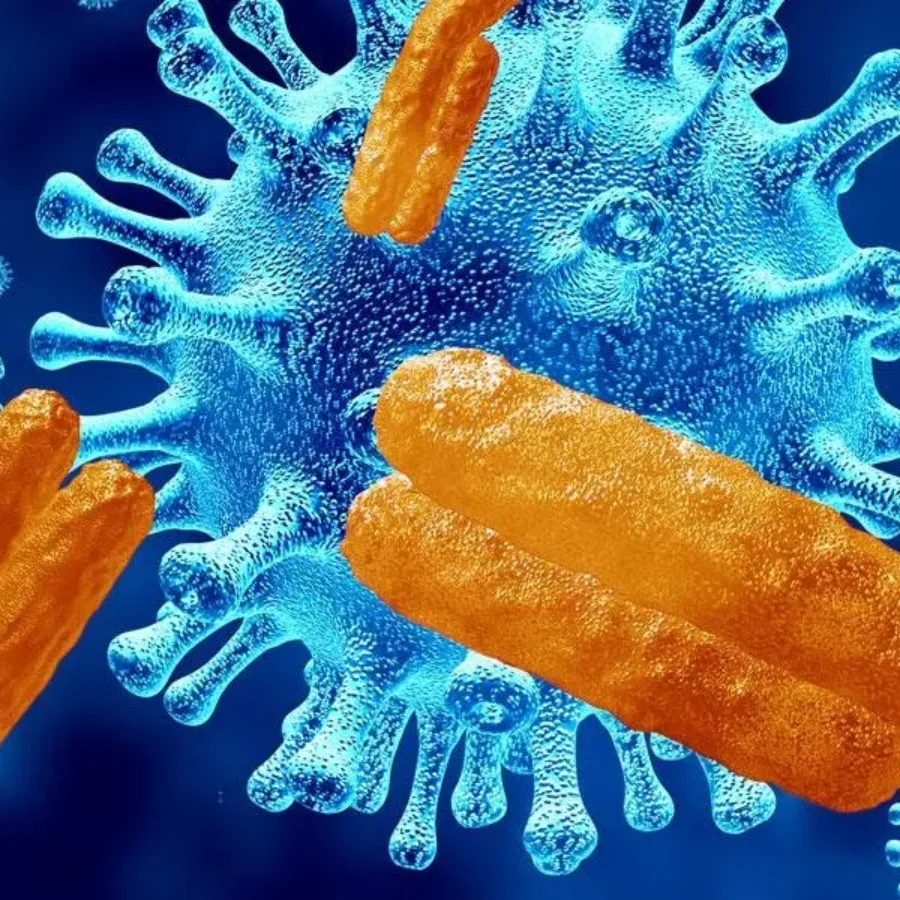 Blogs
Blogs
Biologics are drugs derived from complex molecules like antibodies. Over the last two decades they have re-emerged as…
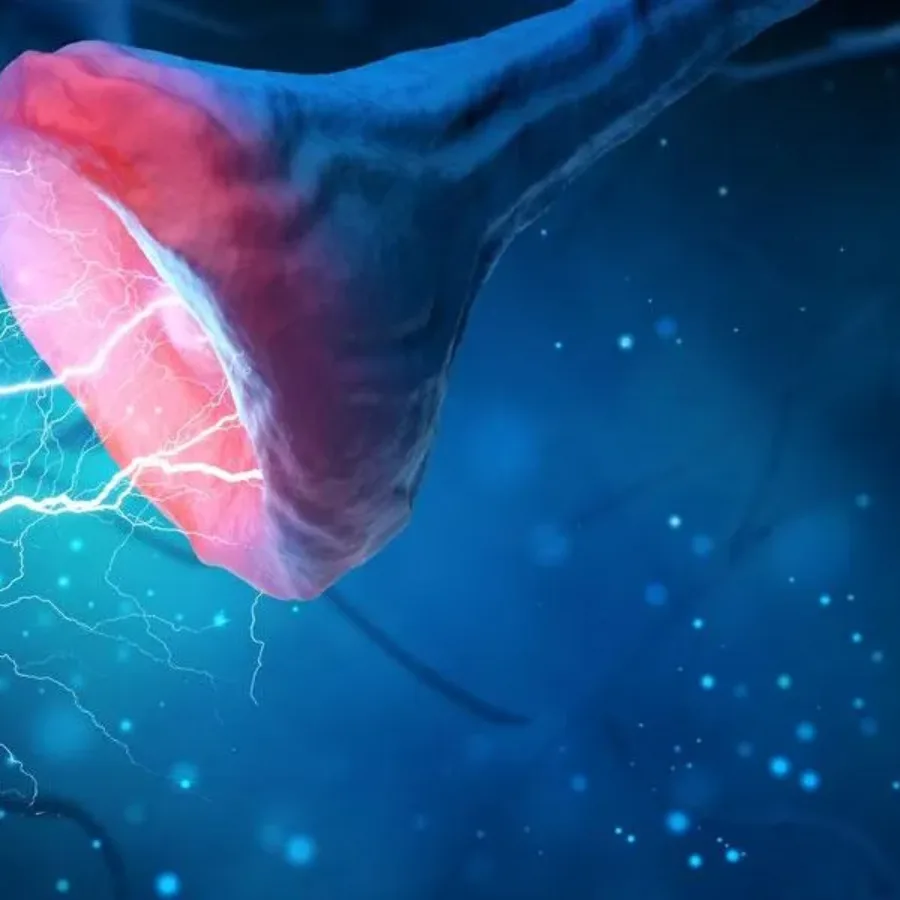 Blogs
Blogs
Neurodegenerative diseases affect millions worldwide. Fifty million people are living with Alzheimer’s disease or other dementias. Although Alzheimer’s disease is one of the most recognized, it is just one of many neurological disorders, such as Multiple Sclerosis, Parkinson’s, or Huntington’s disease. These conditions lead to a…
 Blogs
Blogs
Understanding the interactions between drugs and biological systems is critical for the success of a new drug. One key tool in this process is functional assays. Functional assays are customized assays that evaluate the impact of drugs on the functionality of cells. They test for a drug’s specific biological mechanism…
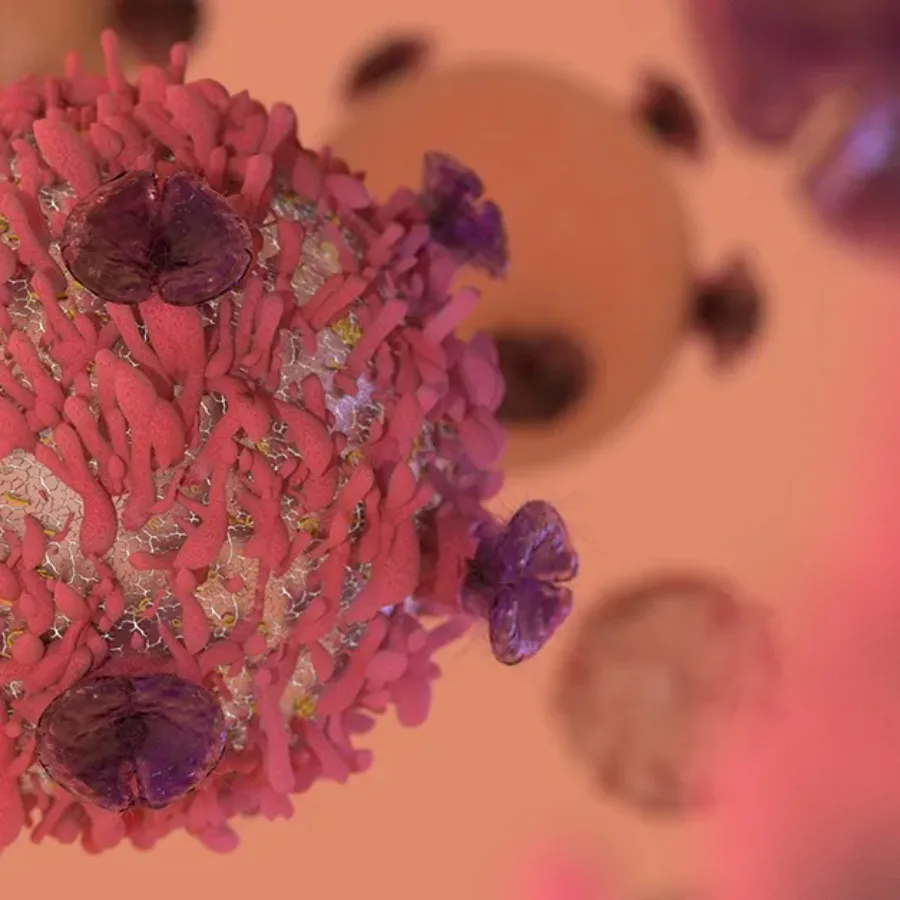 Blogs
Blogs
Many flow cytometry users are happy to start an experiment with a general protocol and a question about their specimen -- Will my cells make more cytokines or express more markers after activation? Will my cells respond to a novel immunotherapeutic drug candidate?
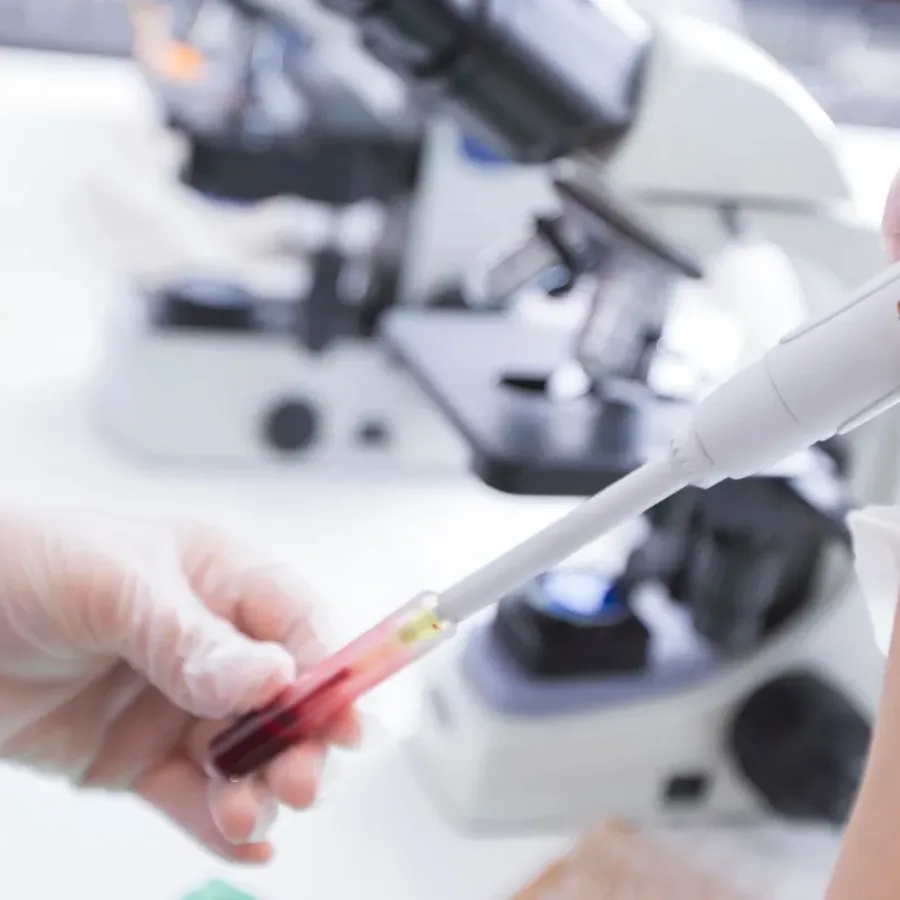 Blogs
Blogs
Memory is a characteristic of the immune system that provides humans and other vertebrates with long term protection against infectious diseases and other “non-self” antigens such as those associated with tumor cells. In the context of T cells, memory responses occur when a naïve T cell encounters an antigen bound to a major histocompatibility complex molecule and is activated to undergo differentiation into an effector cell or a memory cell. Memory T cell populations can persist in the body for months to years and can be stimulated to respond specifically and rapidly to a foreign antigen upon re-exposure.
 Blogs
Blogs
Flow cytometry is a powerful technique for characterizing immune responses to vaccines, immunotherapeutic drugs, and other clinical interventions. But many preclinical and clinical studies may take place at sites that are not in the same location as the flow cytometry lab. That’s why it’s critical to determine how clinical specimens should be collected, processed, stored, and shipped to assure that cells will be viable and abundant enough for flow cytometry analysis.
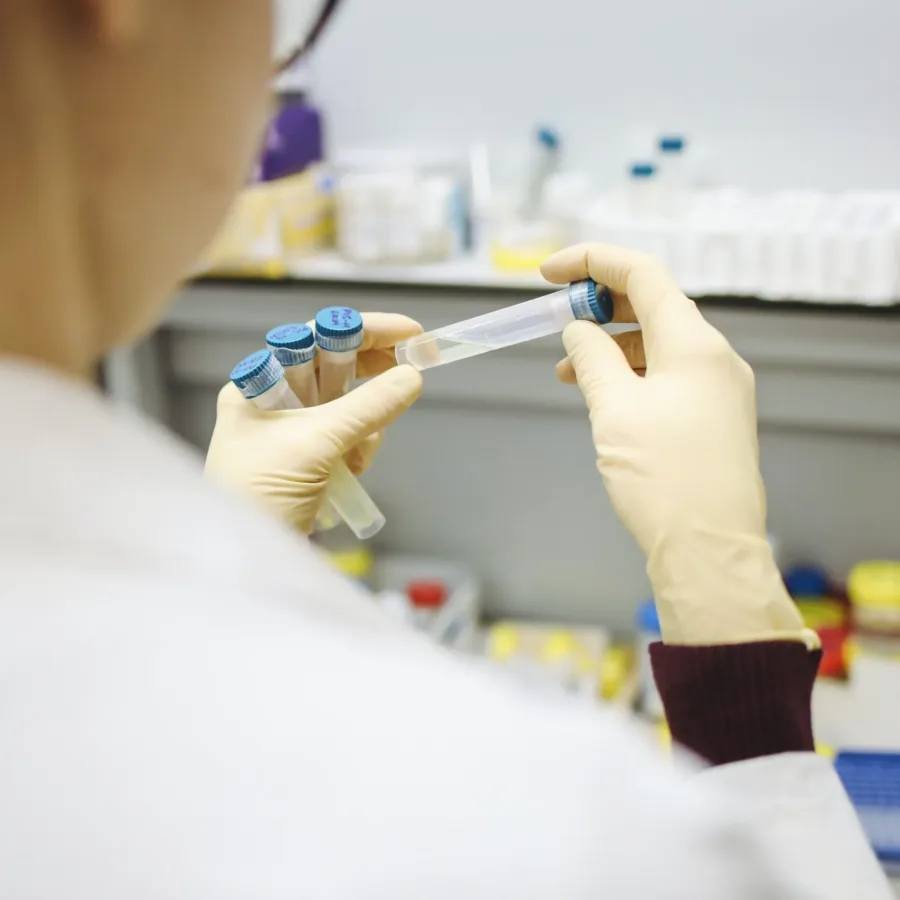 Blogs
Blogs
There is no question that the discovery of vaccines spearheaded the path of modern medicine and in so doing, eradicated at least two diseases, smallpox, and rinderpest from the global population. Today’s modern vaccines are being developed not only to tackle infectious diseases but also for the treatment and prevention of autoimmune diseases and cancers. Whereas vaccines for infectious diseases and cancer are designed to provoke a specific Th 1-driven immune response to target and reject the tumor or pathogen, vaccines driving Th 2 responses appear to be the best at targeting autoimmune diseases. Understanding the driving factors behind these underlying responses is central to the development of safe and effective vaccines, and flow cytometry provides unprecedented clarity on how the immune system responds to different vaccine strategies.
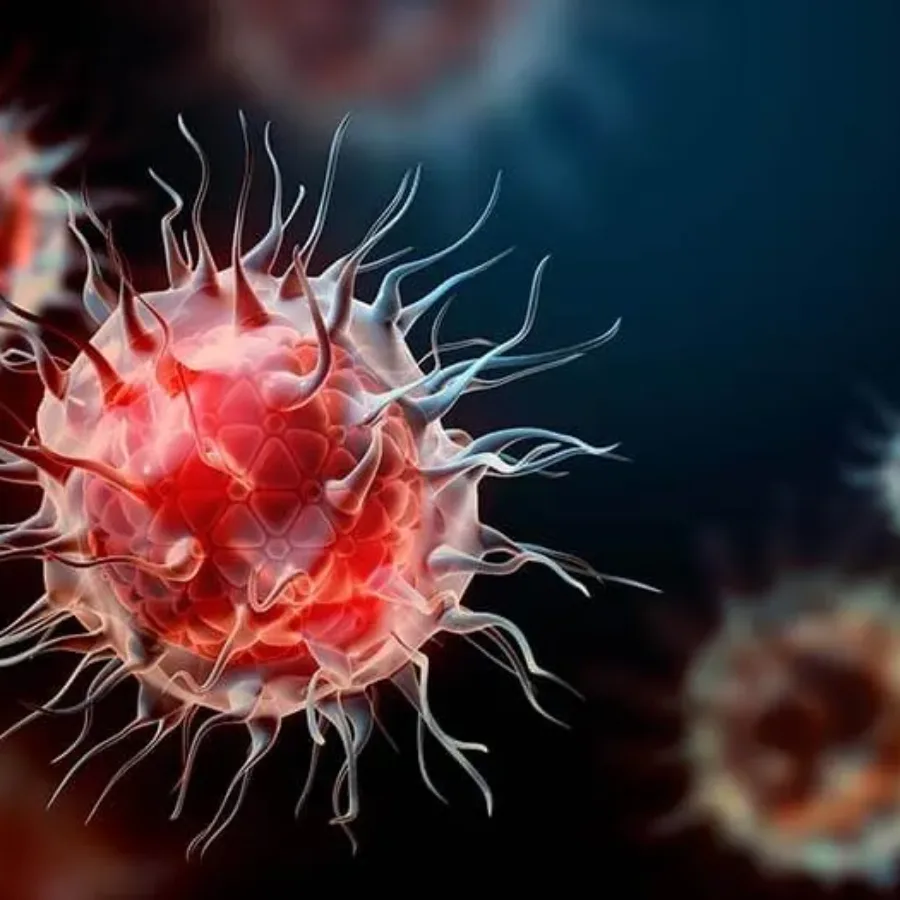 Blogs
Blogs
The term 'Dendritic Cells' (DCs) represents a family of immune cells derived from CD34+ hematopoietic stem cells in the bone marrow, with various functions that provide a key link between the innate and adaptive immune responses. The most widely described function of DCs is to capture, process, and present antigens to adaptive immune cells and mediate their transition to effector functions. In fact, DCs are the only antigen-presenting cells capable of stimulating naïve T-cells. In recent years, DCs have become the focus of translational research efforts to describe the role these cells play in allergies, autoimmunity, and cancer as well as their role in vaccine responses. In this blog, we explore the flow cytometry approaches used to examine DCs and their potential as therapeutic targets.
